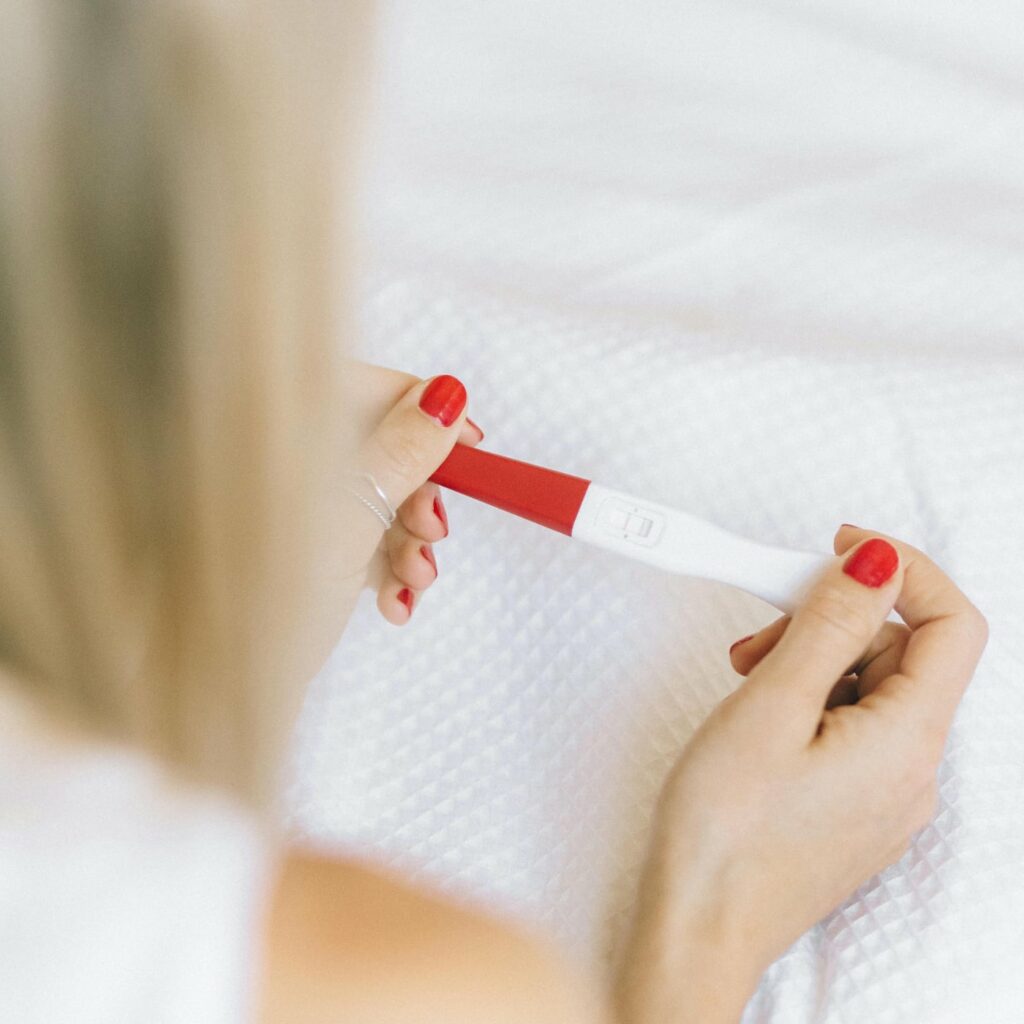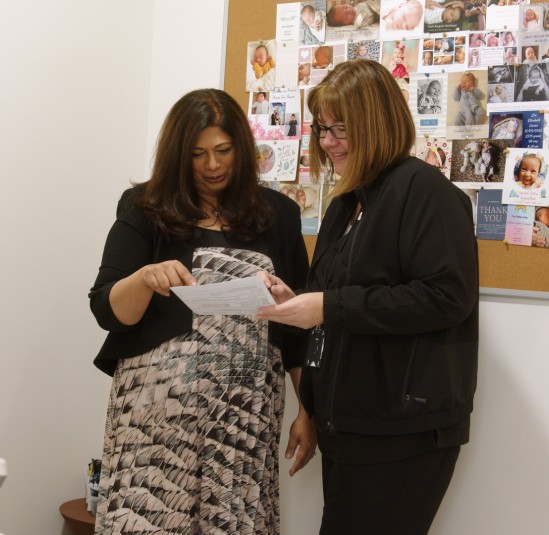Today, we use IVF for a range of conditions such as sperm abnormalities, recurrent miscarriages, implantation failures, endometriosis, tubal damage, unsuccessful ovulation induction and unexplained infertility.
The IVF process involves fertilising the eggs in the laboratory, rather than in the woman’s fallopian tubes. During this process the ovaries are stimulated with injections of follicle stimulating hormone (FSH) over a period of 10 to 14 days. This encourages follicles, small sacs that hold your eggs, to grow to maturity.

Some women may have adverse reactions to stimulation, in which is why it is important that the dose is personalised. My aim is to minimise disruption to your everyday life, while giving you the best chance of a successful pregnancy.
I will monitor how your follicles to to determine the best time to collect your eggs. A trigger injection is used to spark the final stage of egg maturation and two days later your eggs will be collected in a day procedure under light general anaesthetic.
Depending on sperm quality, the egg is placed in a glass or plastic dish with many thousands of sperm (IVF), or the eggs are injected with one sperm per egg (ICSI). Once fertilised, the embryo is allowed to grow in the laboratory for a few days and is then transferred through a very fine tube into the uterus. We store additional embryos by freezing them for use in further treatments.
At your first review appointment, I will discuss the results of your fertility tests with you. If IVF is recommended, I will explain the process in full and you will have a chance to ask questions. You may also ask questions at any time in the process, as you must have a good understanding of the proposed treatment.
You will be asked to see an IVF Patient Liaison Administrator who will arrange your new IVF patient appointments. Counseling to help you prepare psychologically and emotionally will be arranged and you will also sign the mandatory consent form at this appointment. There will also be an information session with a nurse who will teach you how to administer injections and medication. Finally, you will have a meeting with the Accounting Department to discuss the costs of your treatment plan.
All patients undergoing assisted reproductive technology (ART) treatment in Victoria need to have a Criminal Record and Child Protection Order check. The Administrator will help you to arrange this.
There are a range of factors that might affect your chance of conceiving with IVF, such as your age, the cause of your infertility, how long you have been trying to conceive, and any previous pregnancies. Almost half of our patients aged 36 and under will have a pregnancy from their first stimulated cycle of IVF up to 80% will have a pregnancy within three stimulated IVF cycles.
No, IVF does not cause premature menopause. The IVF process produces multiple eggs, but these are eggs that would have been wasted in a natural cycle.
As with anyone trying to conceive, you should stop smoking at least three months before starting IVF treatment. You should also aim to be within a healthy weight range. Women who are overweight or underweight have lower rates of success with IVF. Exercise and healthy eating are as important as ever.
All patients undergoing assisted reproductive technology (ART) treatment in Victoria need to have a Criminal Record and Child Protection Order check. The Administrator will help you to arrange this.
If you are wanting to have a consultation to discuss your situation, or you are ready to undertake a comprehensive fertility assessment, please book a consultation today.

